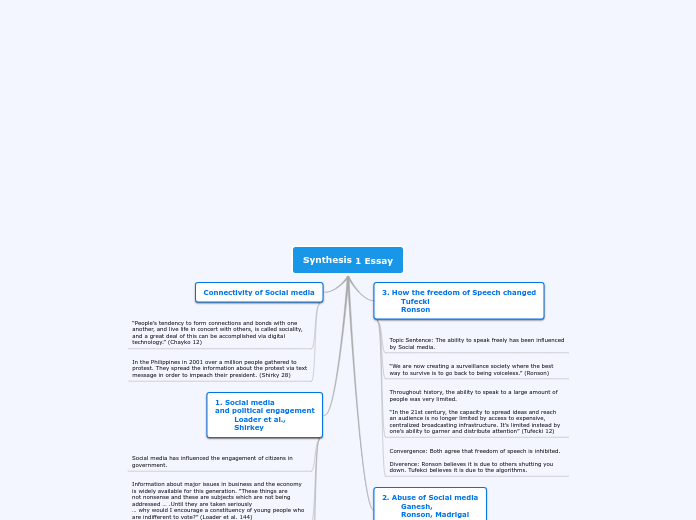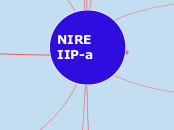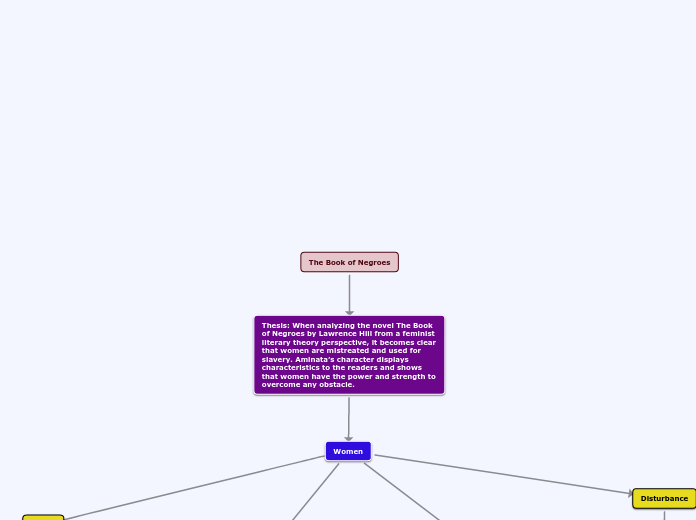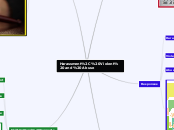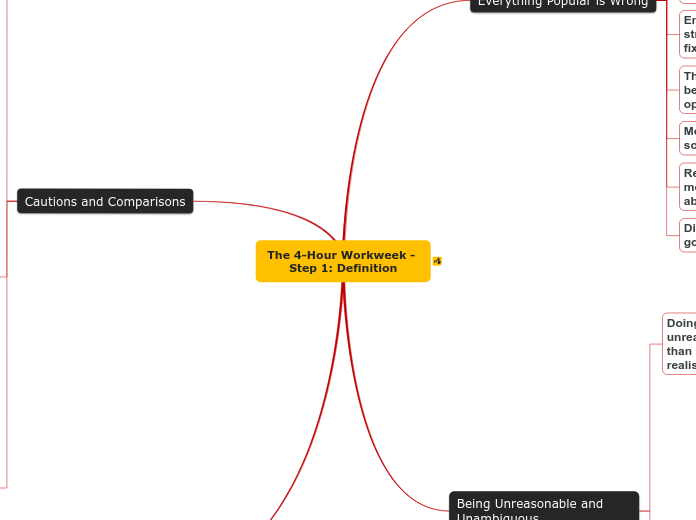by Brian Brimley 5 years ago
170
Central topic
Social media platforms are being misused in various ways, leading to significant negative impacts on users and society. One perspective highlights that social media fosters environments where people seek validation from like-minded individuals, ostracizing those with differing opinions.
